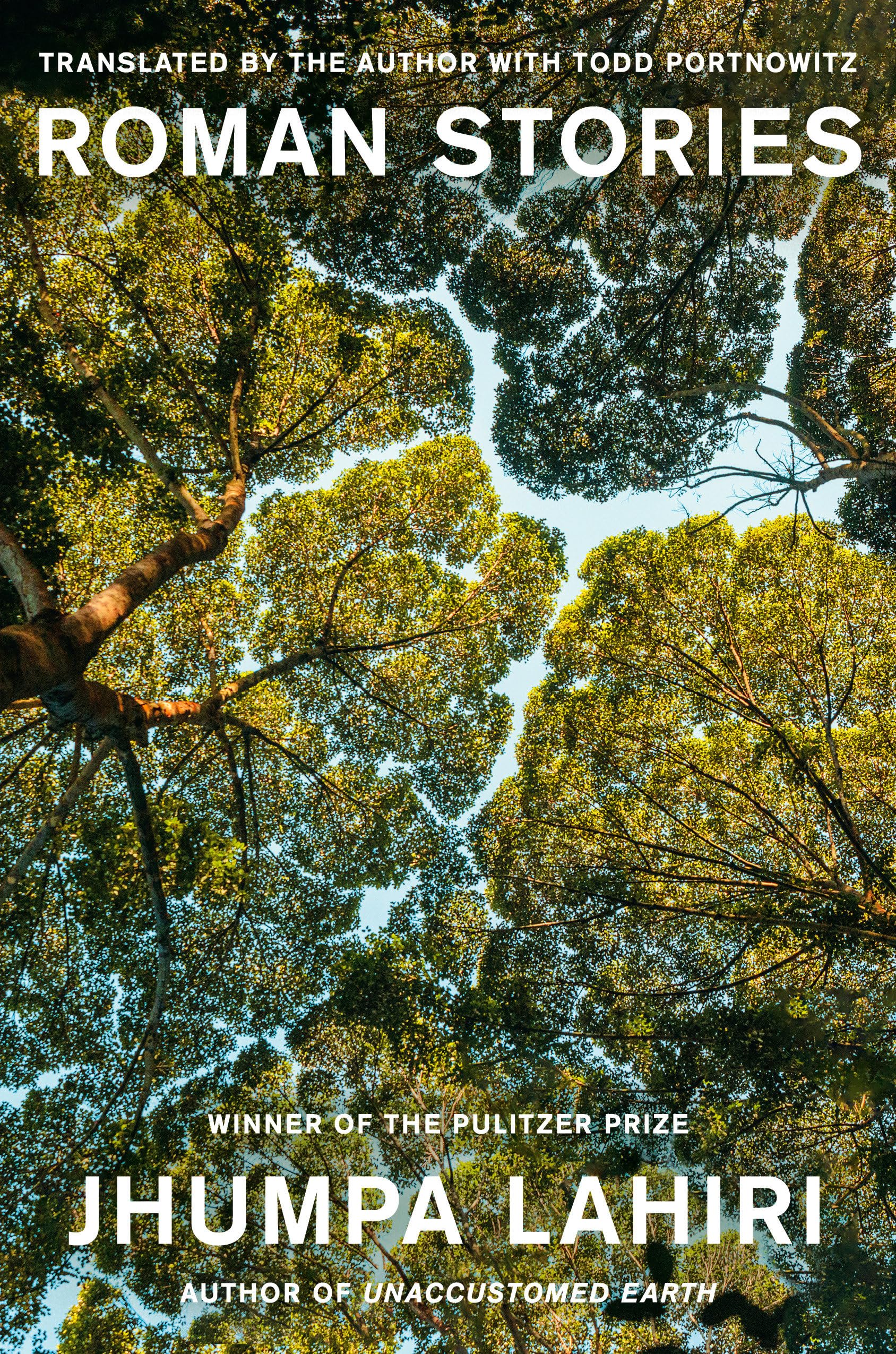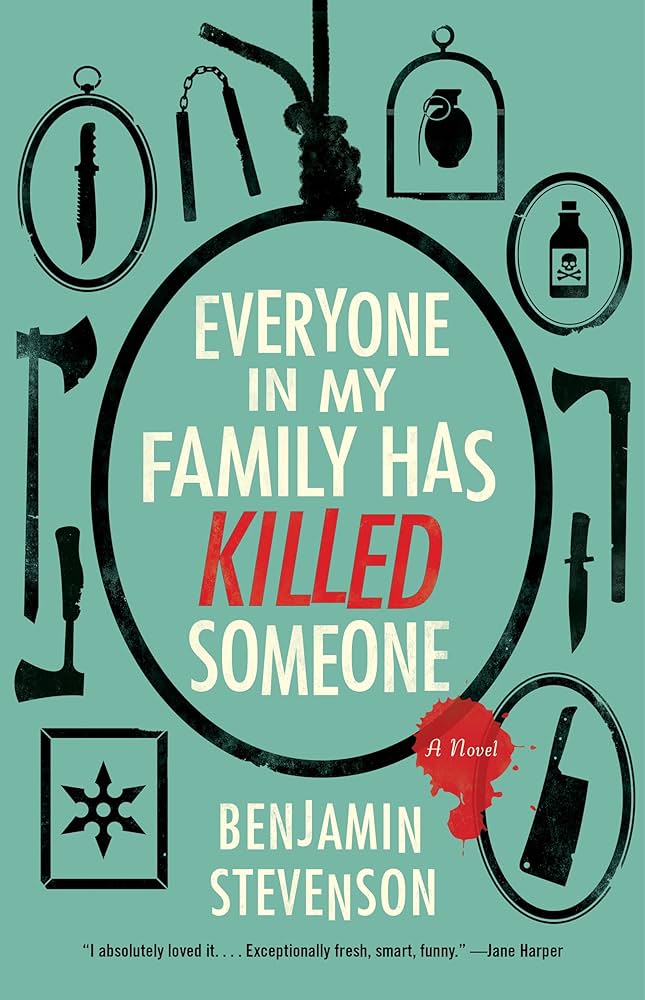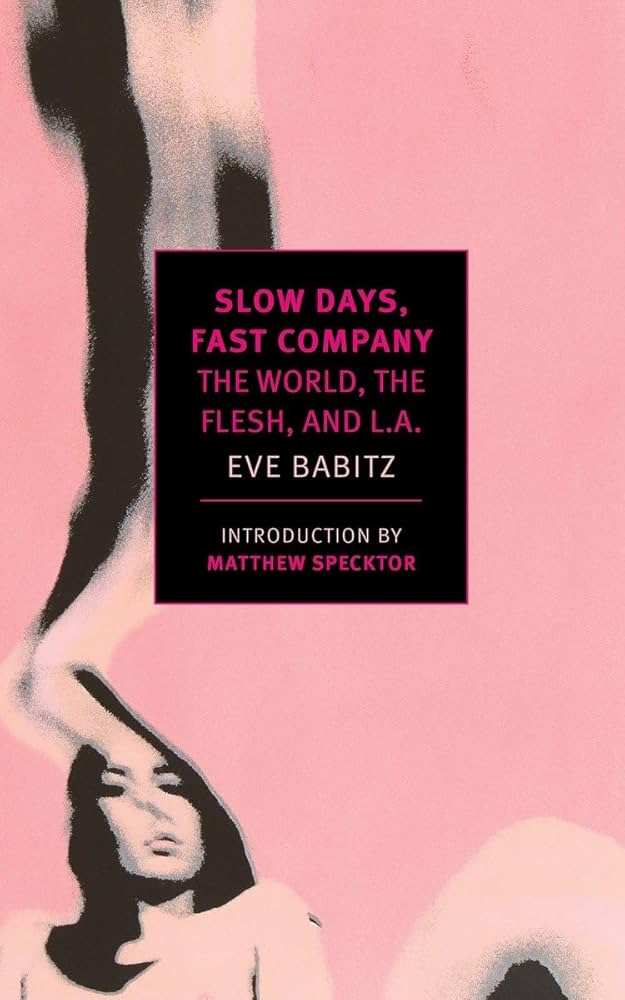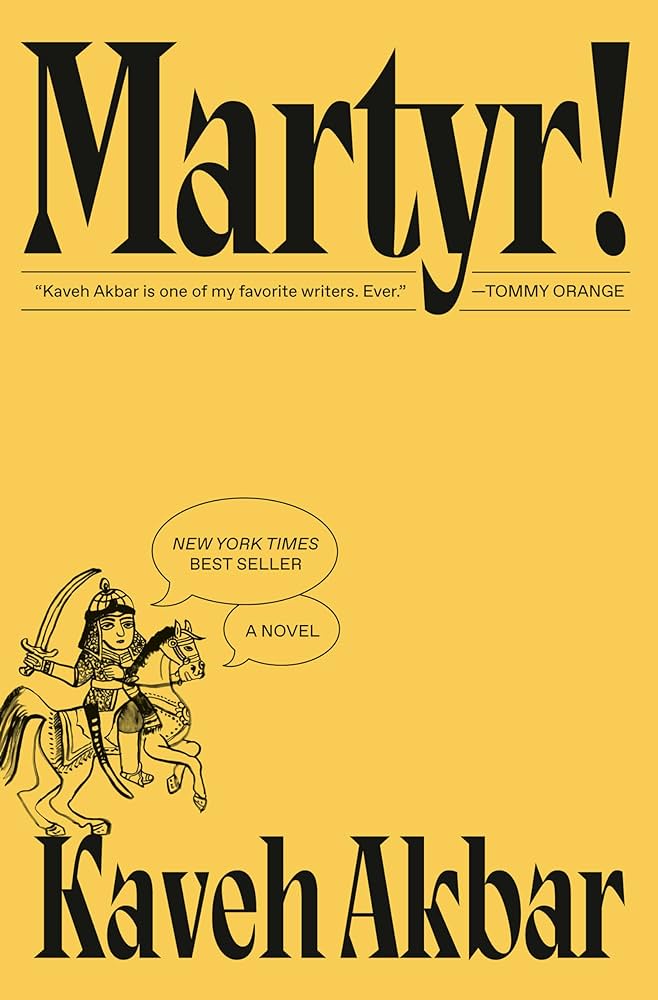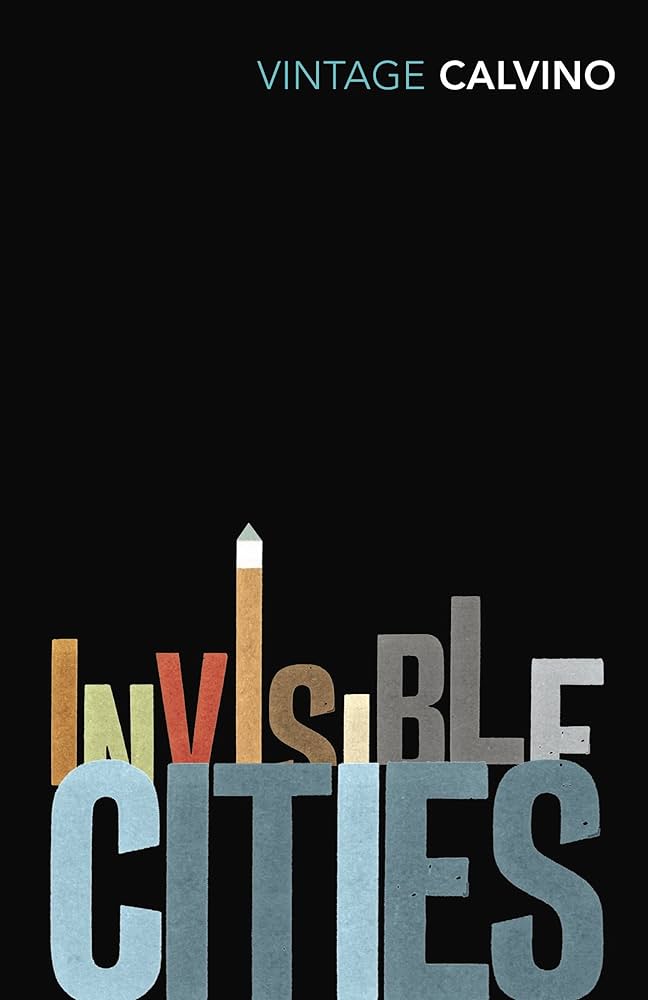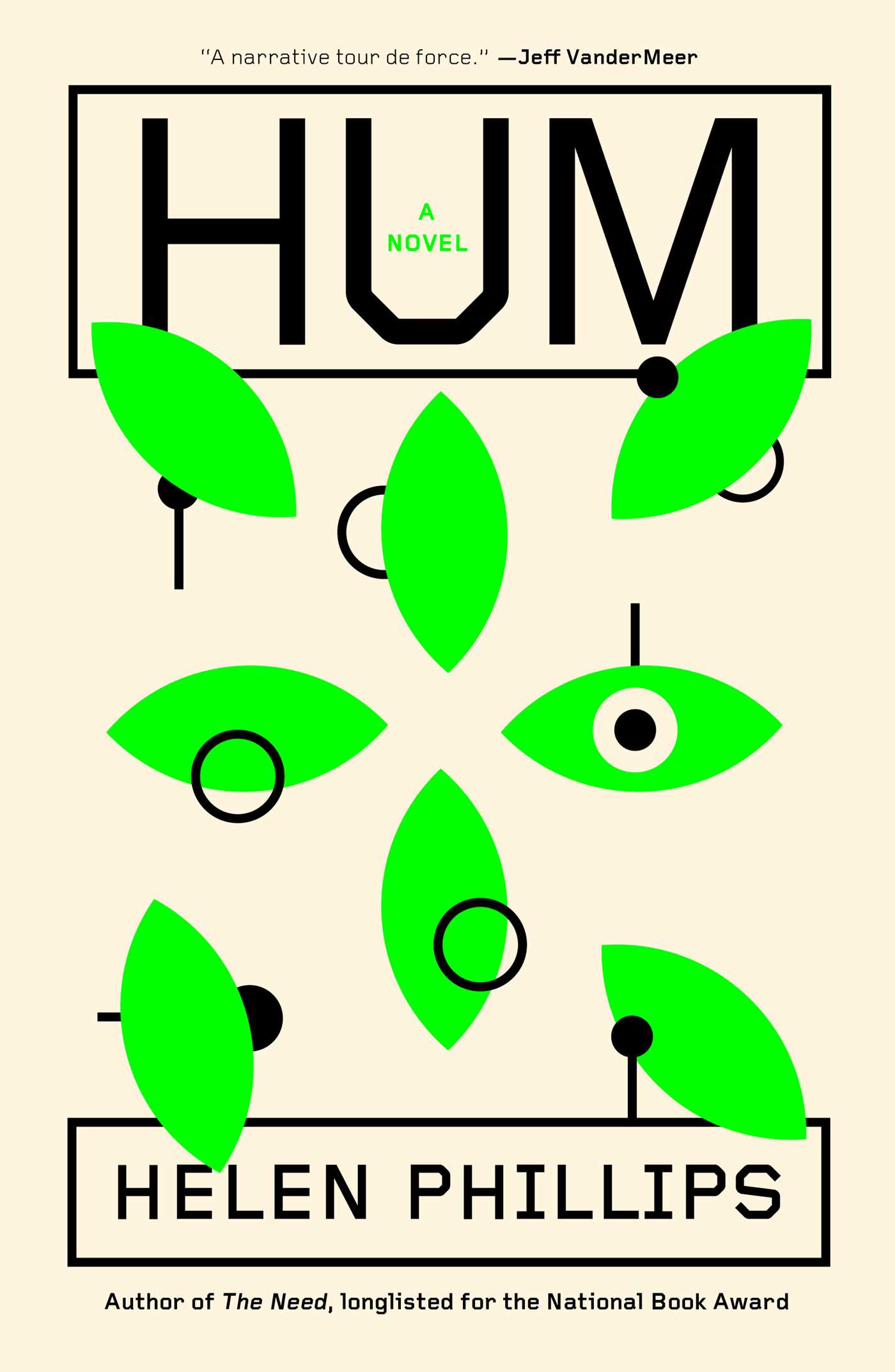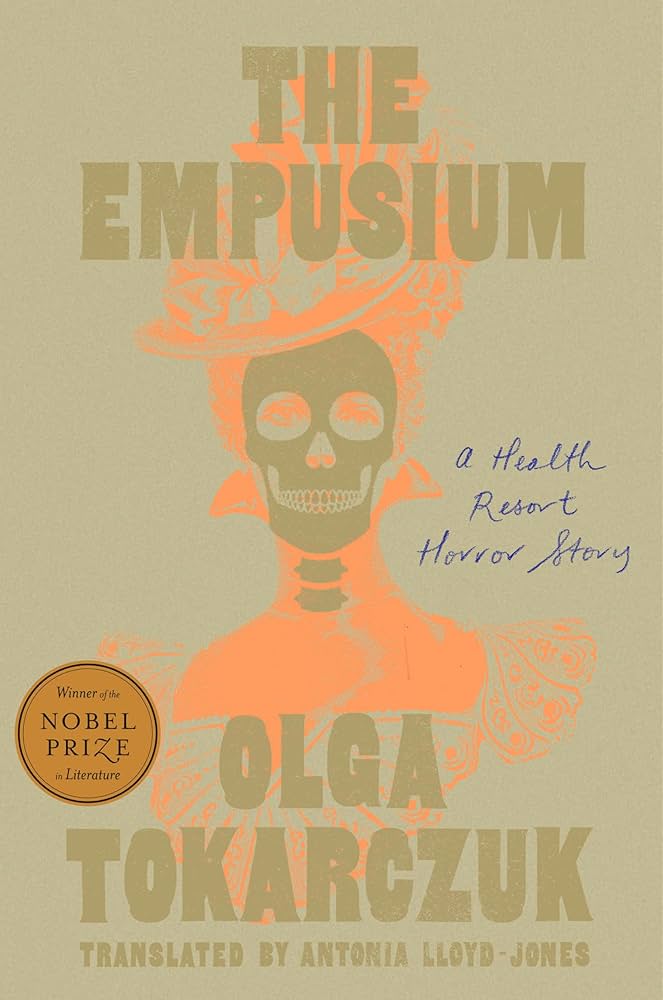This book affected me in a way I didn’t expect. The morning after I finished it I was still feeling deeply saddened and entirely overwhelmed by it. McCullers has immediately become an author I want to know everything about.
This was published in 1940, and Carson McCullers (at age 23!) showed a deep understanding of loneliness, isolation, the need for basic human connection, and what happens when we don’t have it. The original NYT review says it well (emphasis mine):
Maturity does not cover the quality of her work. It is something beyond that. something more akin to the vocation of pain to which a great poet is born. Reading her, one feels this girl is wrapped in knowledge which has roots beyond the span of her life and her experience.
This book feels deeply personal – like McCullers is pouring herself into her characters. I knew nothing about McCullers before reading this, and everything I’ve learned about her since reading has confirmed that feeling.
It begins with two characters who are deaf and do not speak, though John Singer signs to Spiros Antonapoulos constantly. When Spiros has an illness that takes him away, Singer finds a new place to live in a boarding house. The book is about Singer and the people who come to rely on him as an outlet for their own loneliness.
The opening chapters had me thinking of Steinbeck – not just because the Spiros and Singer were reminiscent of George and Lennie (and the timeline lines up – this was published 3 years after Of Mice and Men), and I’m not alone:
She spent the publication day of The Heart Is a Lonely Hunter, June 14, 1940, in a boardinghouse room, “cut off and lonely.” When the book appeared the reviews were staggering, especially for a twenty-three-year-old writer. They called her a child, baby-faced, and then in the same breath called her the new John Steinbeck.
(read the whole piece. It’s fascinating.)
The character Mick Kelly is clearly an avatar for a young McCullers. She’s a 13-year-old ‘tomboy’. She doesn’t dress in traditionally feminine fashion, and she hides so much of herself. She chooses to go by a gender-neutral name. She dreams of being a pianist. All of these describe McCullers, according to this NYT review (gift link) of a new biography of her.
These characters are all misfits, socially awkward types who crave connection and find it with Singer, who listens actively and attentively, but doesn’t really respond. Singer himself finds the connection with Spiros with exactly the same relationship – when he visits Spiros late in the book, he signs frantically, telling him everything about his life, and Spiros passively takes it in.
This recent piece in the The New Yorker by Maggie Doherty adds a lot of depth to McCullers’ life. She had terrible health issues, including severe alcohol dependence. She died at 50 after having three strokes. She seems to have found peace with her sexuality near the end:
At the age of forty-one, McCullers had her first real girlfriend. She returned to her writing, and became happier than she had been in decades.
Lots of people today discuss loneliness and isolation as though it’s a recent thing – brought on by the pandemic, or by technology, or by a loss of social cohesion. McCullers’ first book and her life story show us that it’s not new and it was just as deadly almost a century ago. She not only understood it, but it appears she had firsthand experience for most of her adult life.
This weekend is Independent Bookstore Day, and McCullers’ other books (and her biography) are now at the top of my list.


